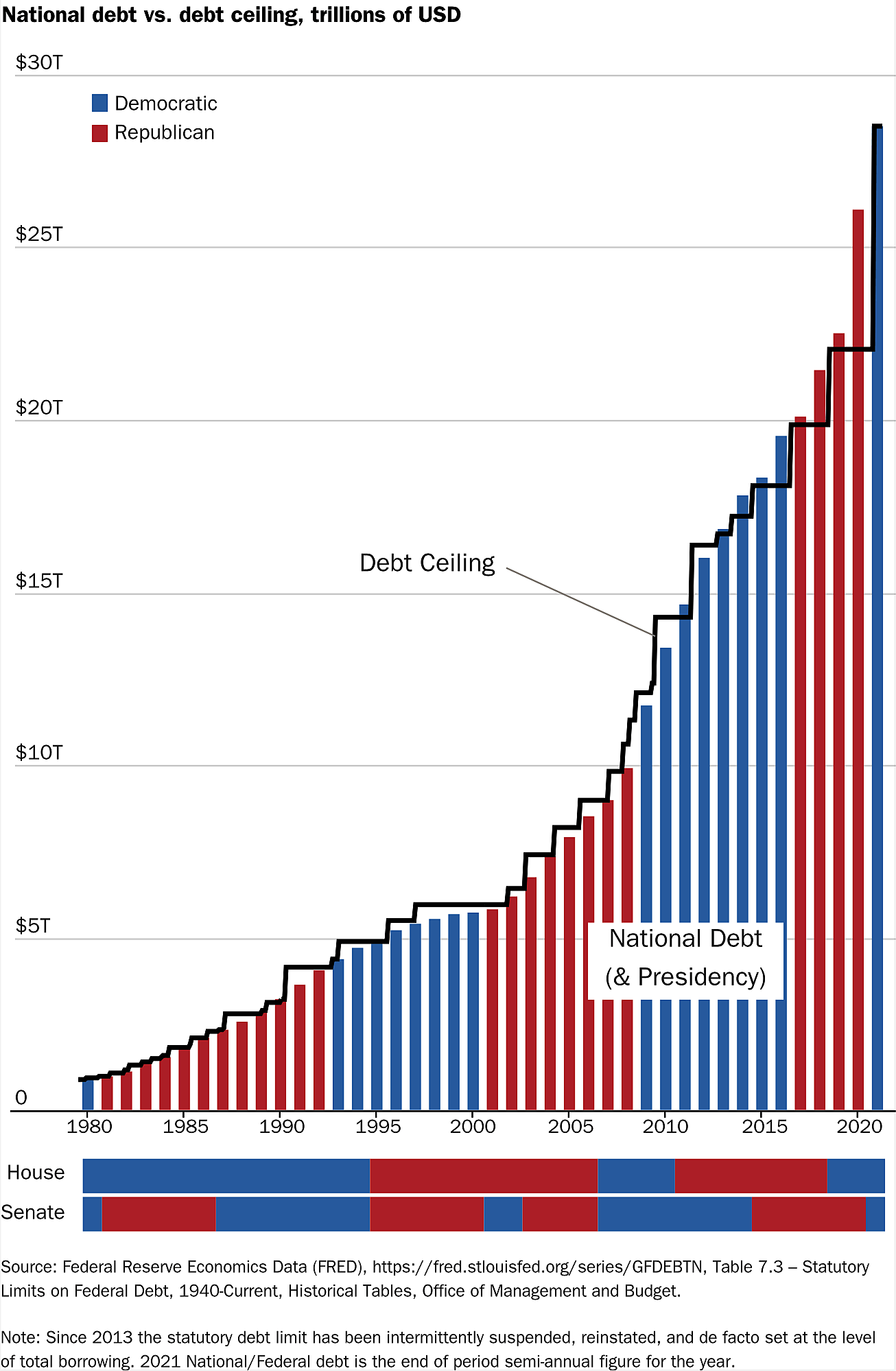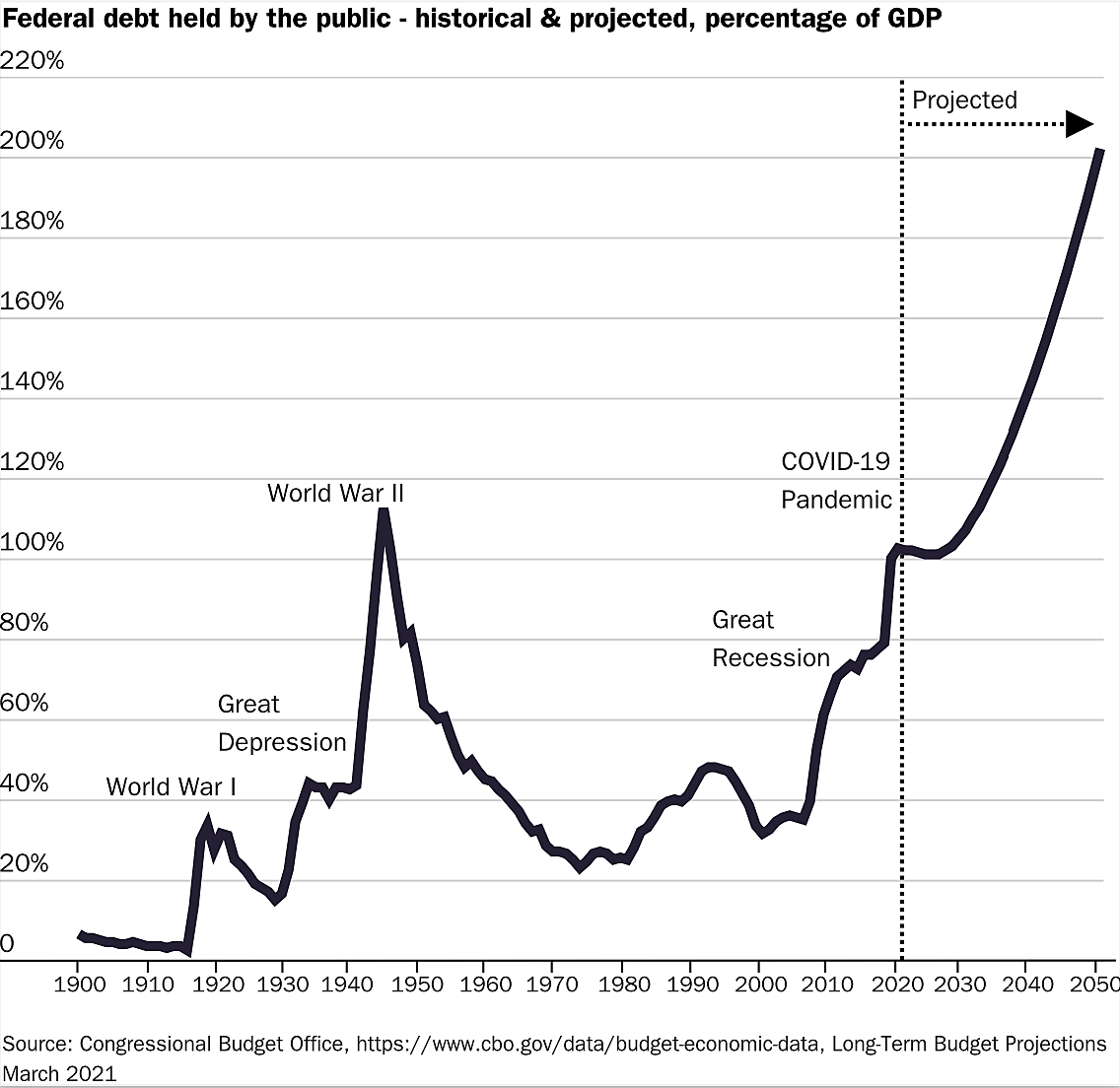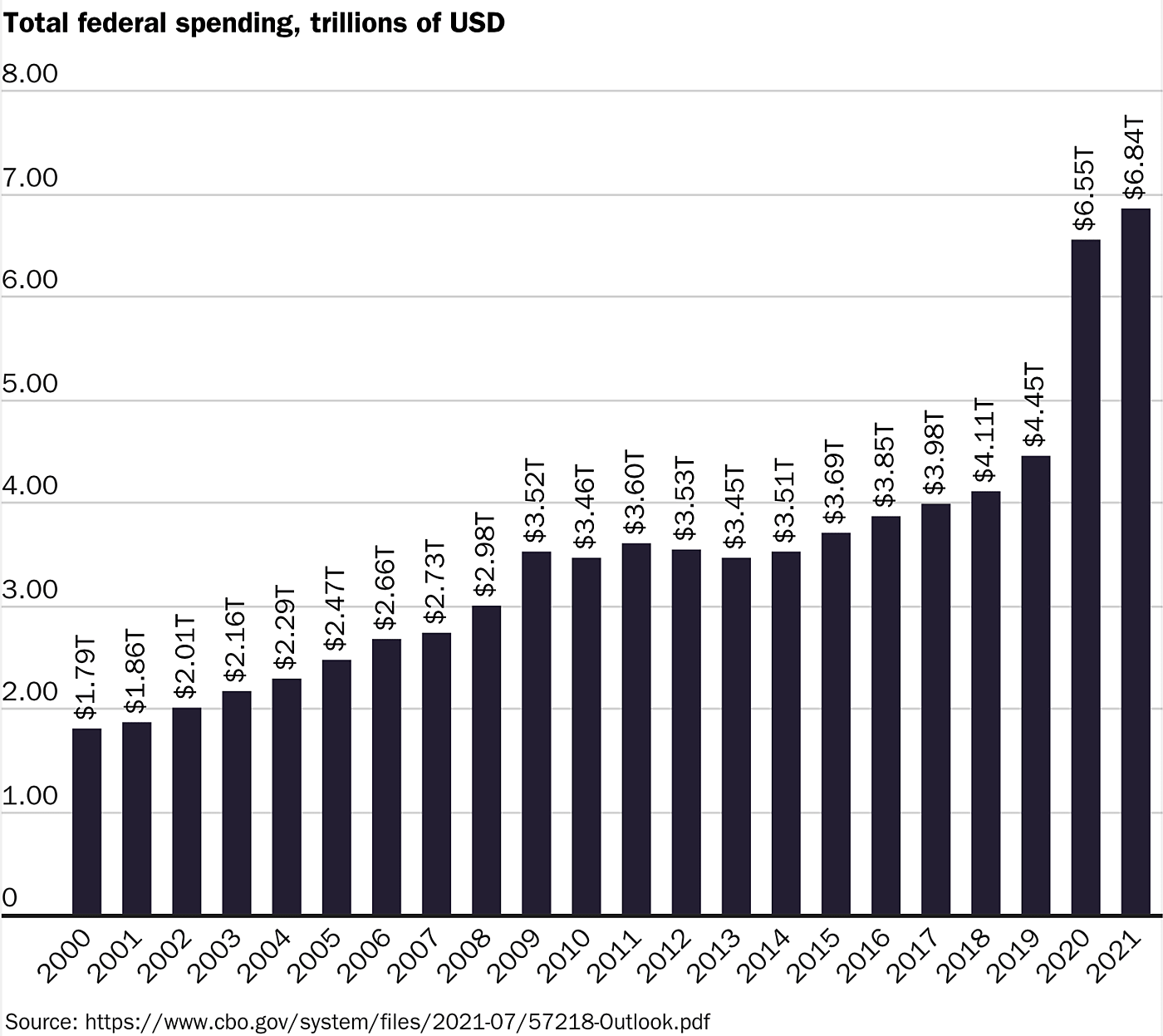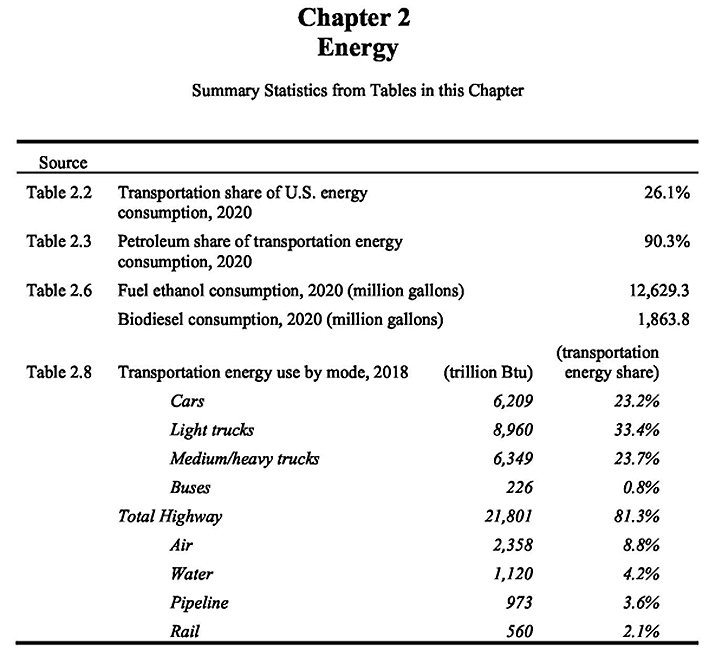Washington Post columnist Charles Lane compares and contrasts the “radical” views of Judy Shelton and Saule Omarova on money and banking. When President Trump nominated Shelton to the Federal Reserve Board of Governors, her “gold-standard advocacy marked her as too far out of the mainstream.” But now President Biden has nominated Omarova, whose views are “if anything, more radical,” to a key financial regulation post, comptroller of the currency. Some Republicans wouldn’t go along with Shelton’s nomination. Will some Senate Democrats find Omarova a bridge too far?
Judy Shelton, I note, has spoken at the Cato Monetary Conference several times, and during the debate over her nomination long-time conference director Jim Dorn wrote that whether or not we want a gold standard, it’s not a “nutty” idea.
Lane chides Shelton for saying that without fixed rules for the Fed “ ‘we might as well resurrect Gosplan,’ the Soviet Union’s planning agency.” Meanwhile,
Omarova considers the same Fed-bred profiteering [that Shelton criticized] — “collective action problems that create financial instability and hinder socially equitable economic growth,” as she puts it — but concludes that we might as well resurrect Gosplan.
Well, maybe not quite Gosplan, but she does propose that the Fed simply replace commercial banking.
Lane dryly points out that
Omarova graduated from Moscow State University in the late 1980s, before immigrating to the United States. This makes her confidence in the Fed’s ability to manage such a vast and complex portfolio efficiently, honestly and free of undue partisan influence doubly remarkable.
Also in the Washington Post Lawrence H. Summers, a prominent economist who served in top economic positions in the Clinton and Obama administrations, writes,
As a substantive matter, I respect Omarova’s legal scholarship on financial regulation. But I also appreciate that, past a certain point, regulatory vigilance can become regulatory truculence and polarizes in a way that is not good for business or consumers. One can appreciate industry concerns about a nominee to this vital regulatory position who has advocated for Federal Reserve reforms that would, in Omarova’s words, “effectively end banking as we know it.”
In her paper “The People’s Ledger,” which Lane quoted, she wrote that the Fed should become “the ultimate public platform for generating, modulating, and allocating financial resources in a modern economy.”
The question is, as Lane noted, are there centrist Democratic senators who believe that this is not the answer for a modern market economy?






